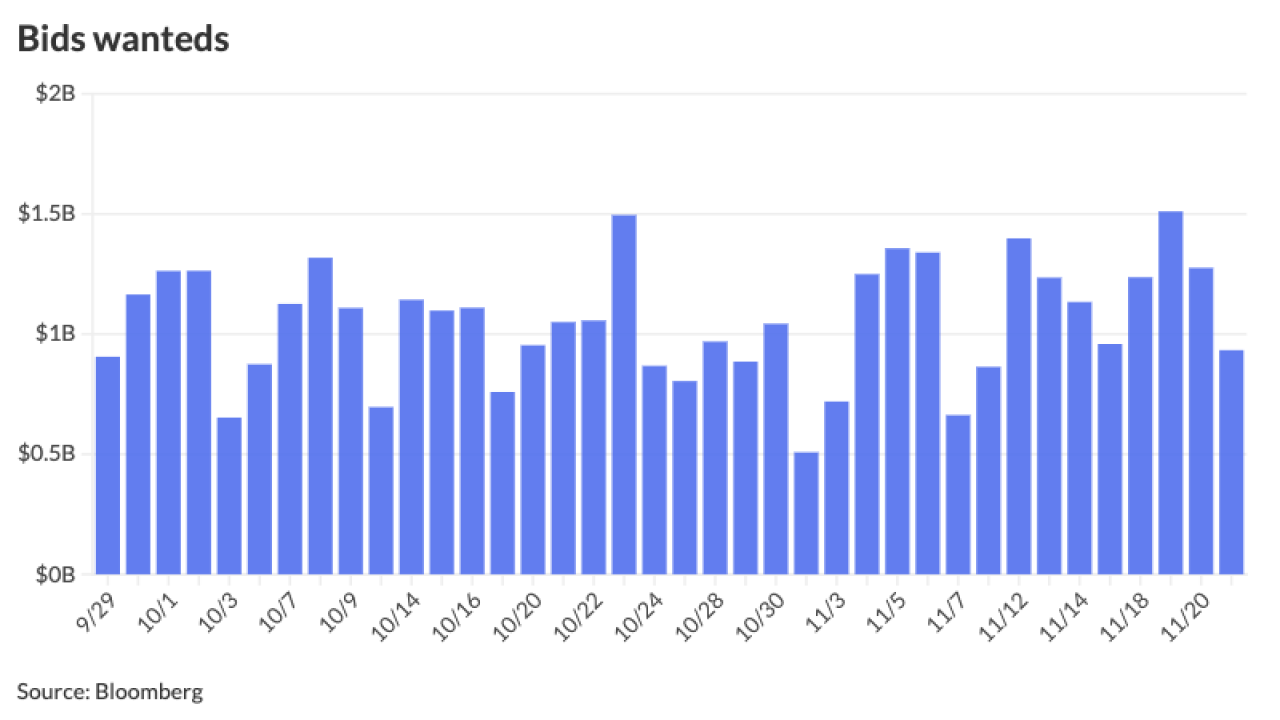WASHINGTON - A congressional panel unanimously approved legislation yesterday that would create a new category of project-based housing vouchers designed to stimulate the construction or rehabilitation of rental housing developments for extremely low-income families.
The housing opportunity subcommittee of the House Financial Services Committee approved by voice vote the proposed Housing Affordability for America Act, which includes a provision that would authorize 5,000 so-called "thrifty" vouchers in fiscal 2003 and 2004. Under federal rules, extremely low-income families are those whose incomes do not exceed 30% of the area median income as determined by the U.S. Department of Housing and Urban Development.
If the bill is enacted, the thrifty vouchers could be used in combination with other federal programs, such as the low-income housing tax credit, the HOME Investment Partnerships Program, and community development block grants. Tax-exempt financing could also be used in the low-income housing development deals that the new vouchers could help bring to market.
Thrifty vouchers are so named because, unlike existing Section 8 rental-assistance vouchers, the value of the new vouchers would be based on the property's operating costs rather than on the "fair market rent" of the property. Section 8 vouchers are generally "tied" to the tenant, but the proposed thrifty vouchers would be tied to the rental unit itself. Since operating costs are generally substantially below the fair market rent value, a thrifty voucher would cost less than a regular voucher, according to Rep. Marge Roukema, R-N.J., the chairman of the subcommittee and lead sponsor of the bill.
Not all details of the proposed thrifty voucher program were available by late afternoon yesterday. The full committee is scheduled to vote on the bill tomorrow.
During yesterday's meeting, subcommittee members also approved an amendment offered by Rep. Mark Green, R-Wis., that would formally create the American Dream Downpayment Fund that is being pushed by the Bush administration to help low- and moderate-income people finance single-family homes. The legislative language in Green's amendment mirrors language in another bill introduced two months ago by Rep. Mike Rogers, R-Mich., that also would create the down payment program.
Such a program would, as part of the HOME Investment Partnerships Program, provide a subsidy of about $5,000 for each eligible family. Bond financing is sometimes involved in affordable housing projects that use HOME money. Analysts have said that the additional funding could lead to bond issuance.
A separate housing bill that congressional sources have said is unlikely to be approved by the House is expected to be considered by the House Financial Services Committee when it meets tomorrow to consider Roukema's bill. The bill, which is sponsored by Rep. Bernie Sanders, I-Vt., would create a new National Housing Trust Fund, which would divert some of the surplus that is generated each year by the Federal Housing Administration, a branch of HUD. Municipal market sources say the Sanders bill, if enacted, could spur housing construction and housing bond issuance by providing funds to housing finance agencies and to the nonprofit housing community.





